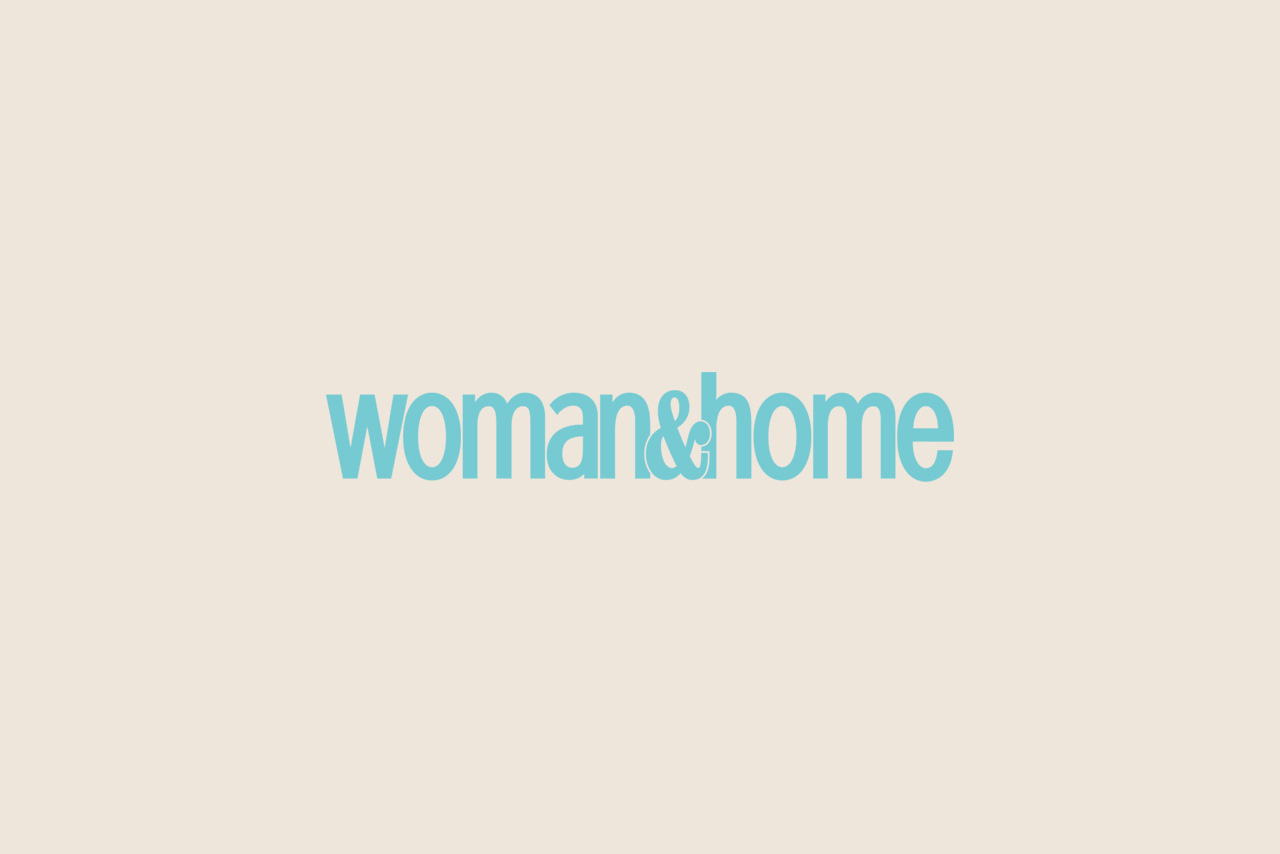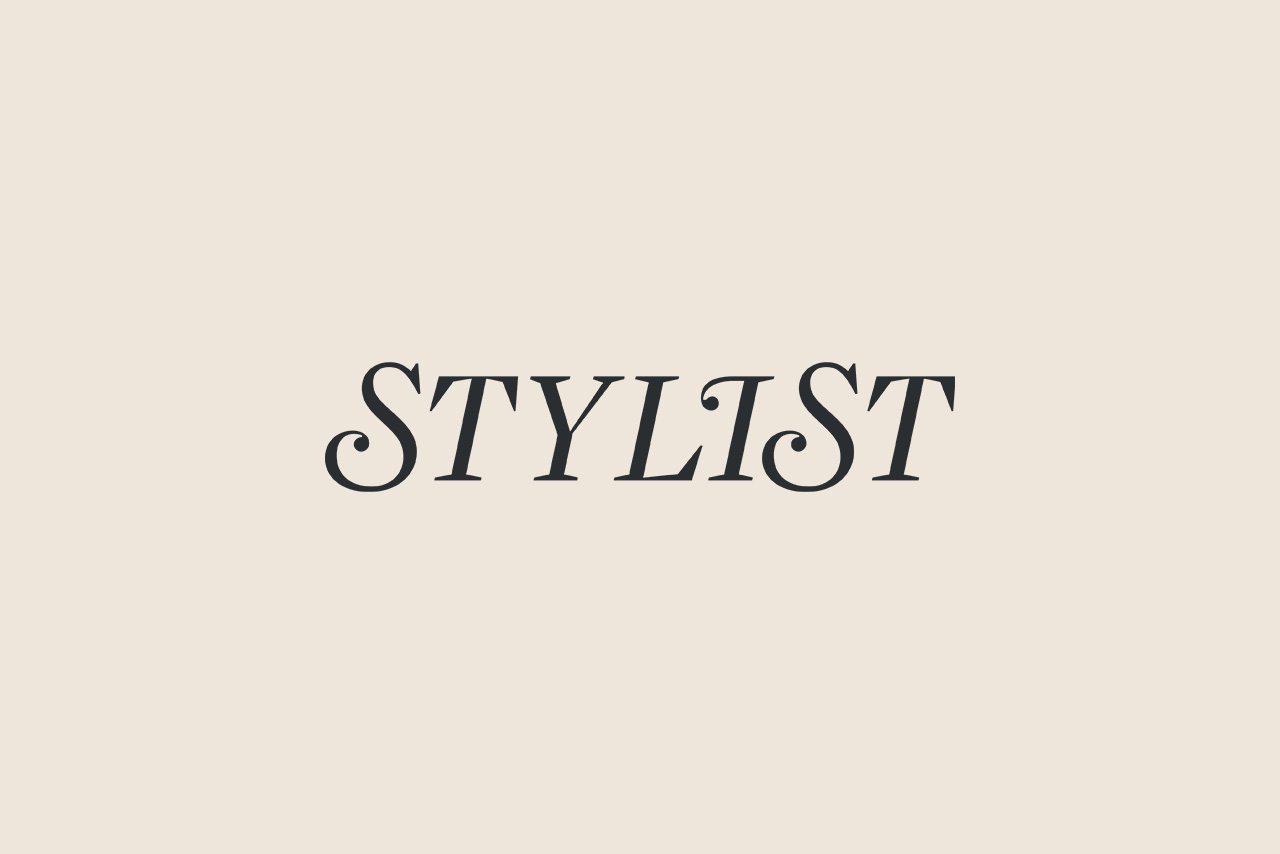
It’s so easy in today’s world to start believing that however hard we try we can’t do enough.
Life can be a whirlwind of constant demands coming from us from all angles, be it at work, home, friends, social media or just our inner voice. It’s so easy to get lulled into the culture of scarcity where we convince ourselves that we lack something, and that it is on us to keep striving to be more productive; more, bigger, better, faster! If this describes what you experience, you’re not alone – it’s everywhere. And it’s not healthy – it can make us feel guilty or worse, anxious, overwhelmed and even burnt out in record numbers.
I believe that the way to manage this constant pressure lies in us re-claiming the concept of ‘enough’. Re-claiming it from any association with mediocrity or settling for average, and thinking of ‘enough’ instead as a pathway to contentment. Knowing that we are enough can give us permission to put in place the boundaries that we all so desperately need in order to live and work healthily. Far from being mediocre, enough is a springboard to self-belief, health and sustainability.
It starts with believing that you are enough – which means that you replace any sense that you lack something, with appreciation of what you do. It’s a sense of fullness – you move from chasing the ever hungry, never satisfied state of striving to focusing on what you have and starting from there. Believing that you are enough allows you to stand in the fertile ground, well rooted, and well-resourced so that you can flourish with creativity and brilliance.
From this state, the next step is to re-frame what we mean by doing enough. For that we need to look at our boundaries and what resources us. Boundaries can get a bad rap in today’s culture of always having to be available and driven to work around the clock. But healthy boundaries are the key to healthy living because they contain us. Like a plant pot, boundaries give us structure to grow fully into who we are, and when we are able to make and keep good boundaries, we can give the best of ourselves to the task in hand, because we are well resourced to do so.
My approach to creating good boundaries is to get clear about what we need them for – what is it that resources you and gives you energy? When we understand what we need in order to function at our best – whether that is appropriate breaks from our desk, regular exercise, switching off in the evening or giving ourselves uninterrupted time to focus – we can start to design our lives in a way that makes time for these things. Re-charging our batteries is vital because we know we can’t continue to be at our best when we’re exhausted. Moreover, when we are well resourced, we can replace what feels like an endless grind, with a focus on what facilitates flow in our lives. When we’re in flow, not only are we more productive, but things feel easier, more creative, more aligned. This clarity makes it obvious that we need to protect our time for things that re-charge us. We can ‘say no for the bigger yes’ – which is after all, what a good boundary should do.
Often in our lives, we don’t set or keep boundaries because we forget that we are able to. Guilt comes from feeling that we have to be doing things a certain way – and it can mean that we don’t even recognise that we really do have permission to make choices about how we live our lives. We feel compelled to continue at a frantic pace at the same time as knowing that it is unsustainable. When we can learn to say, “I am enough” we can stand strong in who we are, with all our gifts and talents and avoid the trap of having to prove ourselves to anyone, or strive for something that is impossible. We can look at the challenges ahead and rather than getting recruited into believing we have to solve all of them, we can see where we can make our contribution – within the healthy limits of who we are and what resources we can give. Which is enough.
First published in Women’s Health.


